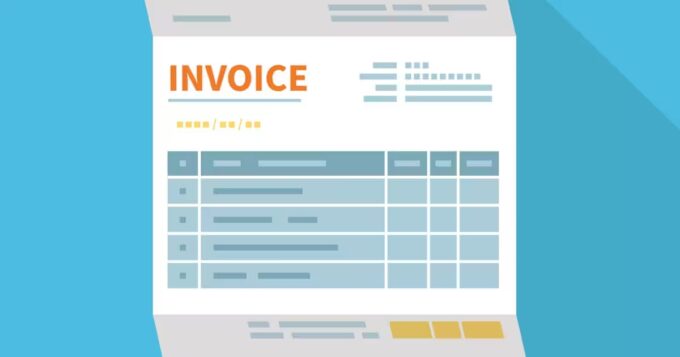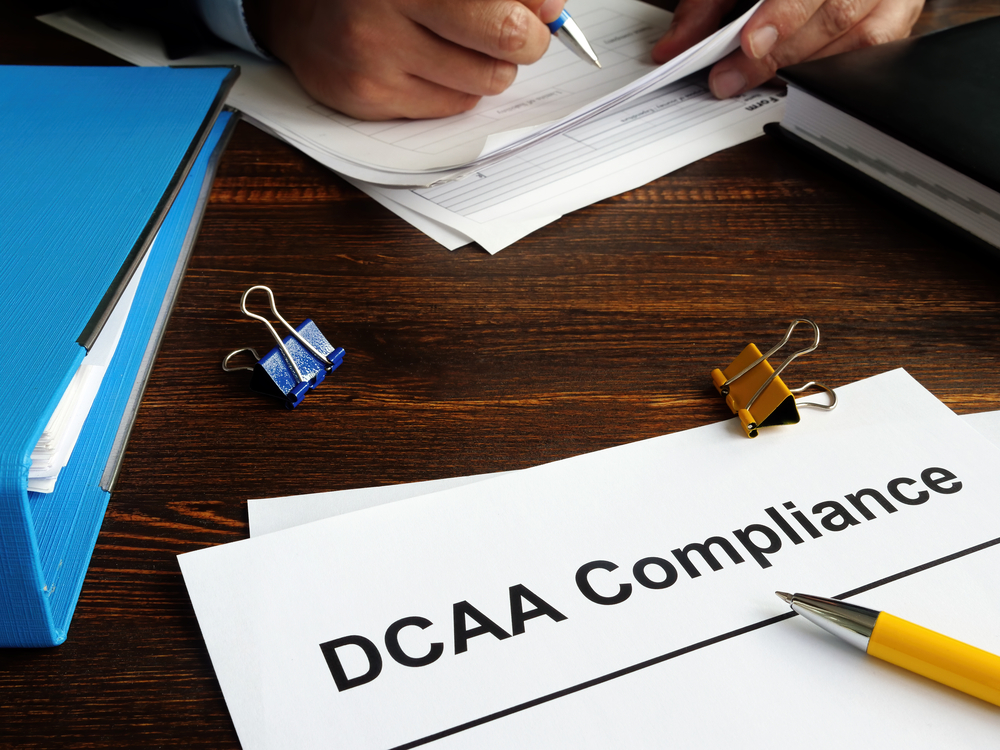With the proliferation of government contracting, businesses of all sizes have to grapple with the regulations and requirements of the Defense Contract Audit Agency (DCAA). DCAA compliant accounting is an essential component of successful government contracting and requires businesses to stay on top of their reporting, documentation, and accounting procedures.
This guide will help businesses understand the fundamentals of DCAA compliance accounting and the necessary steps to ensure their compliance with the agency. Companies that are not compliant with DCAA regulations can expect to be subject to financial penalties and damaging reputational effects. Thus, understanding the basics of DCAA compliance accounting is essential for businesses that want to maximize their success in the government contracting space.
1. Understand the Requirements for DCAA Compliance

Achieving and maintaining DCAA compliance is a critical requirement for businesses that work with the federal government. The first step in the process is to understand the requirements for DCAA compliance, which includes having a compliant accounting system in place. A compliant accounting system must meet the standards set by the DCAA, which includes the use of an independent audit to review the system and ensure accuracy.
Additionally, businesses must ensure they have the proper internal controls in place to ensure financial data is collected, reported and maintained in accordance with the DCAA guidelines. Businesses must also establish adequate internal controls to prevent fraud and abuse. Finally, businesses must document their processes to ensure auditability and compliance with the guidelines.
2. Develop an Internal Control System for DCAA Compliance
This system should be tailored to the specific needs of the business and should include procedures for monitoring and recording financial transactions, inventory and cash flow statements, and other financial information. It should also include methods of ensuring that all financial activities are being reported accurately and are in accordance with DCAA guidelines. Additionally, any system should include methods of ensuring that all financial data is secure and no unauthorized access is allowed.
3. Implement a Cost Accounting System for DCAA Compliance

To ensure DCAA compliance, businesses must implement a cost accounting system that follows all existing guidelines and regulations. This system should be designed to track, organize, and report all costs associated with performing contracts. It should also be able to accurately separate direct and indirect costs. Additionally, the system should be able to provide information regarding the cost of each job performed, which is necessary for calculating the final cost of the contract. Businesses should also ensure that their cost accounting system meets the requirements of Generally Accepted Accounting Principles (GAAP).
4. Ensure Accurate Time & Attendance Tracking
Accurate time and attendance tracking is key to DCAA compliance accounting. DCAA requires businesses to accurately track labor hours and rates as they relate to specific contracts. This requires precise tracking of when employees punch in and out and when they take breaks. Businesses must also be able to provide detailed reports of total hours worked and labor costs associated with each contract. Such information should be kept for the entire length of a contract, to ensure compliance with the DCAA contract audit process. Regularly auditing time and attendance records is essential in ensuring accurate data is reported.
5. Monitor Progress Payment & Invoicing Practices

It is essential to monitor progress payment and invoicing practices in order to stay compliant with DCAA standards. Progress payments are payments made to contractors for work completed, and invoicing practices involve submitting invoices to the government for the work completed. Both of these activities must be in compliance with DCAA regulations, as any discrepancies can result in non-compliance.
It is important to maintain detailed records of all progress payments and invoices, as well as ensure that the amounts invoiced are accurate and reflect the actual costs incurred for the services provided. Businesses should also ensure that any contracts related to the services are in compliance with DCAA standards.
6. Utilize an Approved Accounting System
One of the most important aspects of DCAA compliance is utilizing an approved accounting system. It is essential that businesses have a reliable and efficient accounting system that meets DCAA requirements. This system should be tailored to the individual needs of your business and should include features such as budgeting, cost analysis, job costing, and project management.
Additionally, the system should be updated regularly to ensure accuracy and integrity of financial data. When choosing an accounting system, businesses should make sure it is compliant with DCAA guidelines as well as all applicable laws.
7. Understand the Different Types of Audits

Understanding the different types of audits is essential for businesses to meet DCAA compliance requirements. Audits are conducted to assess the accuracy, completeness, and reliability of financial information. Audits can range from general audits, to reviews, to special purpose audits, to make sure that businesses have the appropriate policies and procedures in place that adhere to the DCAA’s guidelines.
A general audit is a comprehensive review of the financial records, with the goal of assessing the accuracy of the financial statements. A review is usually less extensive, and focuses on specific items or transactions. Special purpose audits focus on specific accounts or transactions, such as contract costs. It is important for businesses to be aware of the different types of audits, and how they may impact their operations.
8. Develop an Internal Auditing System for DCAA Compliance
It is essential for businesses to develop an internal auditing system for DCAA compliance. This system should ensure that all accounting practices comply with the regulations and provide a platform for continual review and improvement. Companies should create a set of rules and regulations that all accountants must follow and provide detailed documentation of all processes and procedures that are used.
Additionally, they should conduct regular audits to ensure that their accounting practices remain up-to-date and compliant with DCAA regulations. By creating an internal auditing system and regularly reviewing their practices, businesses can ensure that they remain compliant with DCAA requirements.
In conclusion, DCAA compliance accounting is an essential part of any business that works with the US government. Understanding the requirements of DCAA compliance, such as the accuracy of accounting records, the filing of required reports, and the implementation of an internal control system, is essential to ensure that your business is in compliance and that you can be reimbursed for your costs.
By taking the time to understand the requirements and how to structure your accounting records and procedures, you can ensure that your business is compliant with the DCAA and any other regulations that may apply.








